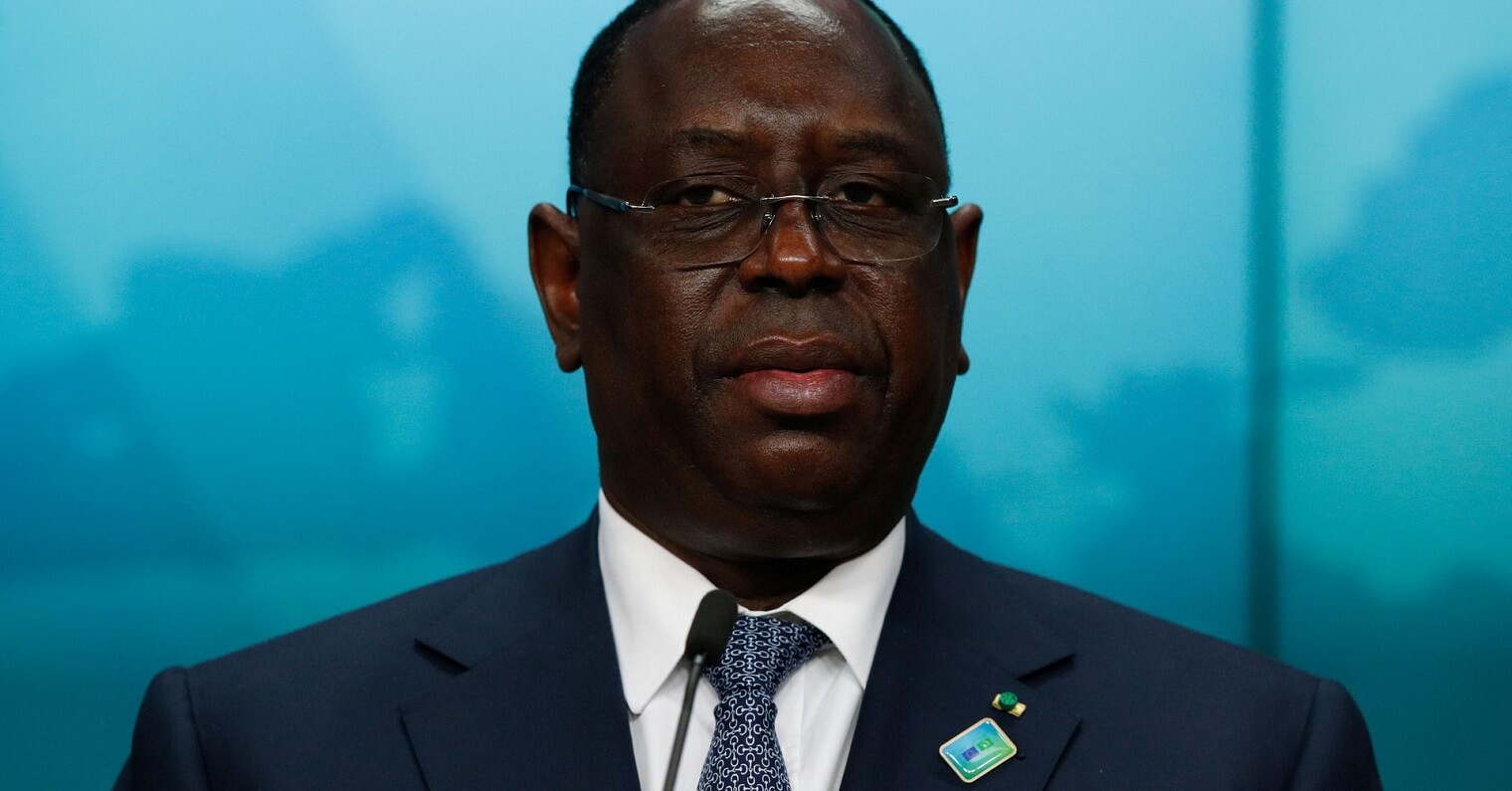African Union (AU) Chairperson and Senegalese President Macky Sall on Sunday urged Rwanda and the Democratic Republic of Congo (DRC) to de-escalate “rising tensions” amid border skirmishes and retaliatory accusations about support for rebel groups.
Speaking at the AU Summit on Humanitarian Issues, Terrorism and Unconstitutional Change of Governments in Equatorial Guinea, Sall called for “calm and dialogue between the two countries and for the peaceful resolution of the crisis with the support of regional mechanisms and of the African Union.”
A blame game ensued on late Friday night as the DRC banned RwandaAir flights from its territory after accusing the neighbour of sponsoring the M23 rebels in its crisis-torn eastern region.
Je suis gravement préoccupé par la montée de la tension entre le Rwanda et la RDC.J’appelle les deux pays au calme et au dialogue pour la résolution pacifique de la crise avec le soutien des mécanismes régionaux et de l’Union Africaine.
— Macky Sall (@Macky_Sall) May 29, 2022
Patrick Muyaya, the Congolese government spokesman announced the suspension of flights with “immediate effect” as a “stern warning” to Rwanda for allegedly backing M23, which DRC which DRC views as a terrorist group.
Against this backdrop, the DRC summoned Rwandan ambassador Vincent Karega to lodge a complaint.
In contrast, the Rwanda Defence Force (RDF) on Saturday Democratic Forces said the the Liberation of Rwanda (FDLR), a rebel group in the DRC, had kidnapped two of its soldiers. In a statement, it called on DRC authorities that “work closely with these genocidal armed groups to secure the release of the RDF soldiers.”
The DRC government says Rwanda is militarily supporting the M23 rebel group, which is now considered a terrorist organization. The DRC will no longer engage in peace talks with the M23, has suspended Rwandair flights and has summoned the Rwandan ambassador. https://t.co/vxhIL3637x
— Judi Rever (@JudiRever) May 28, 2022
Furthermore, Rwandan Minister for Foreign Affairs Vincent Biruta responded to DRC’s “baseless accusations” at the Malobo Summit and called on it to “observe good neighbourliness” and “avoid apportioning blame where none exists.”
Dr. Biruta expressed concern over the FDLR’s “long-term sinister plan to destabilise Rwanda,” stating that the armed insurgent group poses “a serious security threat, not only to Rwanda, but to the entire region.”
Furthermore, Government spokeswoman Yolande Makolo firmly denied the allegations about support for the M23 rebels, stating that any instability in eastern DRC “an internal matter” of the country and Rwanda has “no intention of being drawn into” it.
Makolo has also claimed that DRC’s armed forces are “fighting alongside” the FLDR rebels.
Rwanda’s Foreign Minister @Vbiruta official statement on #DRC accusations. Issued in #Malabo, #EquitorialGuinea pic.twitter.com/pWSRGRse3Q
— Mwangi (@MwangiMaina_) May 29, 2022
Tensions between the two nations date back all the way to 1994 Rwandan genocide, following which there was a mssive influx of Rwandan Hutus into the DRC. Rwanda argues that the FLDR, which it claims is backed by the DRC, is made up of Hutus who are guilty of slaughtering thousands of Tutsis.
In fact, the M23 Tutsi rebel fighters claim that they are merely fighting back against the FLDR Hutu insurgents. The UN says that the conflict between the two groups has displaced over 72,000 people so far. Moreover, the UN has previously corroborated the DRC’s claims that Rwanda is supporting the M23 rebels.
Amid a spike in cross-border shelling, Rwanda has called on DRC to launch an investigation via their Expanded Joint Verification Mechanism (EJVM).
Alarmed by reports that Rwanda is again supporting M23 rebels fomenting violence, attacking DRC troops, UN peacekeepers, and civilians. We must investigate and sanction those responsible. https://t.co/yMgHP4JvMV
— Senate Foreign Relations Committee (@SFRCdems) May 28, 2022
With recurring incidents of violence along the border regularly disrupting lives, the citizens of Goma in the North Kivu province have voiced support for the government’s sanctions against Rwanda. “Although it is late, the measures taken by the Congolese government are to be encouraged,” said Espoir Ngalukiye, a human rights activist.
The recent upsurge in tensions is likely to impact regional consultative mechanisms such as the Inter-DR Congo Peace Dialogue, which was first held in April. In fact, on Saturday, Kinshasa banned the M23 from taking part in future peace talks with other rebel groups.

